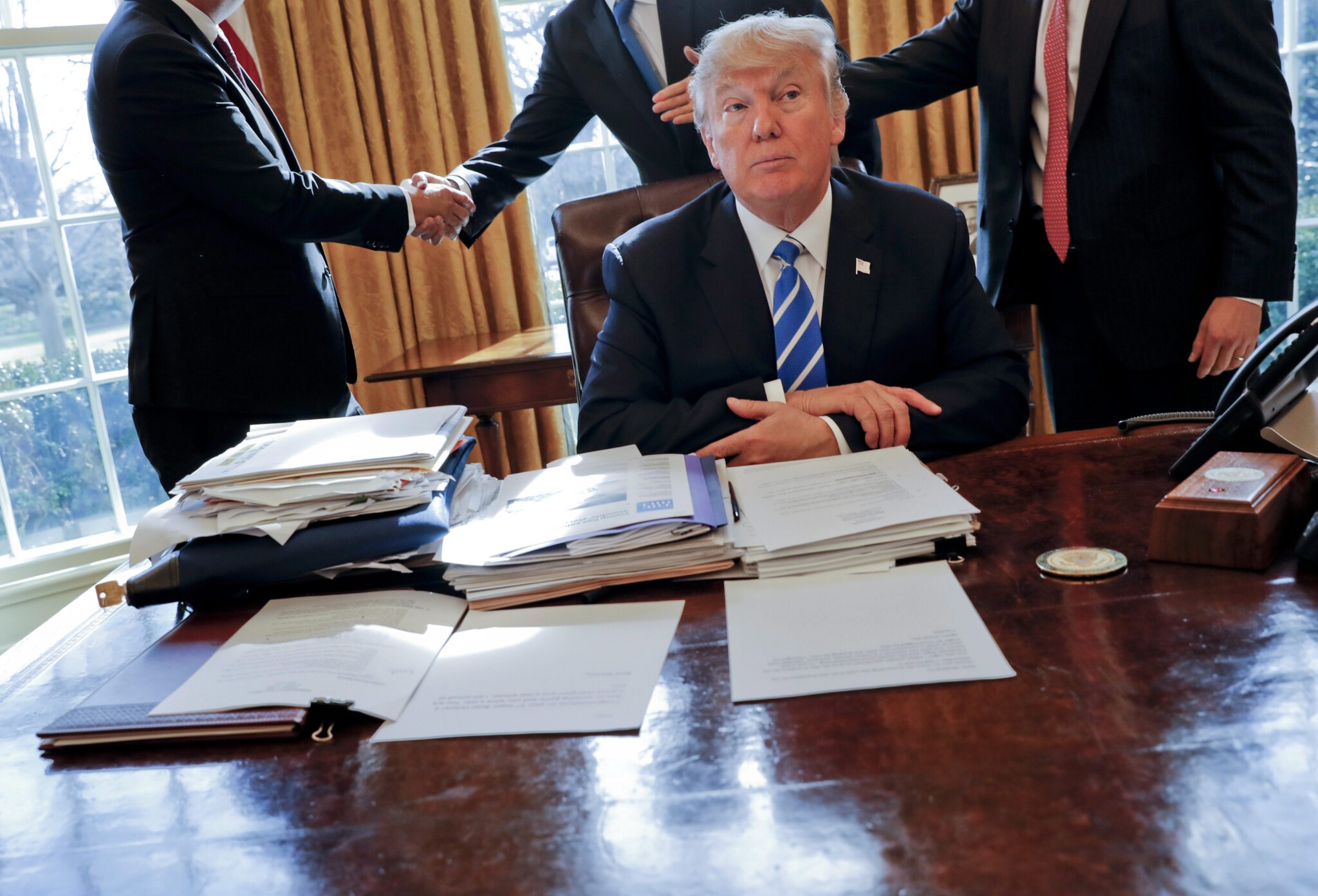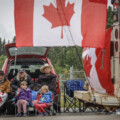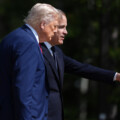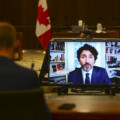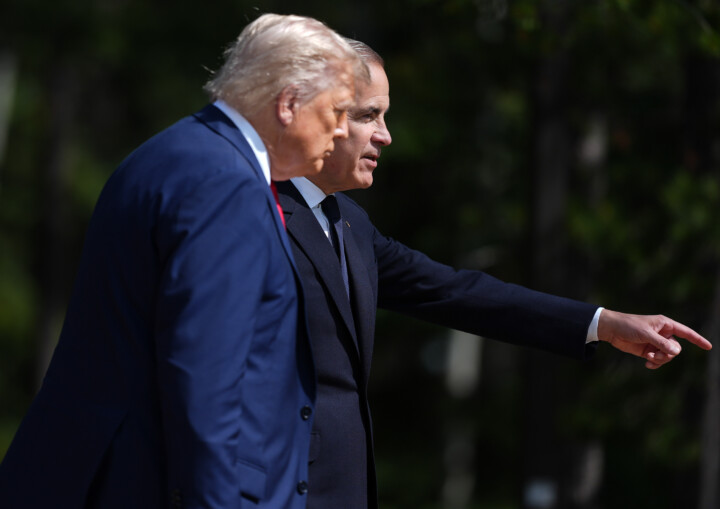Canada has barely a week before Donald Trump ascends to the White House and potentially makes good on his threat to impose a 25 percent tariff on everything that we sell to the U.S.
Trump is unlikely to wait for the Liberal leadership race to play out before acting, and even less for an election campaign to conclude; his instincts will be to strike while Canada is weak and divided. Like it or not, the federal government needs to have a negotiating strategy, preferably one that provinces and the private sector can also embrace.
So, how should Canada negotiate with Trump?
First, we need to remember some basic rules of negotiation.
1. Don’t negotiate against yourself
It is a mistake for Ottawa and the provinces to announce their border enhancement strategies or leak some items on the counter-tariff list before the actual negotiations on tariffs have begun.
We foolishly gave up something Trump said he wanted before we got anything in return. We should have known it would only embolden Trump to ask for more. And we shouldn’t show our hand before we know what he is going to do because he will up the ante when he does act.
2. Don’t assume you know what the other side is thinking
As John Bolton, Trump’s former national security advisor, opined, Trump doesn’t necessarily know his own mind. He is the master of surprise and likes to catch his opponents off-guard.
Yes, we know tariffs are coming, but we don’t know which sectors will be targeted or what form they will ultimately take. If there were a presidential executive order waiting to be signed on Trump’s first day in office, it would have already been leaked.
We should also not underestimate the powers of distraction. As soon as Trump becomes president, he will have far more on his plate and more pressing issues to deal with than beating up his northern neighbour for no good reason. So, time may still be on our side.
But we obviously need to develop contingency plans for different scenarios and plan accordingly.
3. Don’t say dumb stuff
We need a proper communications strategy, and we need to stick to it.
When our politicians are asked whether they really think Trump is serious about making Canada the 51st state, they shouldn’t say, “We should take him seriously.” That will simply embolden Trump to intimidate us further and ask for more. Instead, they should use the standard political rejoinder to questions that have no honest response by answering a question with a question, such as: “Does Trump now mean it’s OK for China to take over Taiwan?”
Critically, Ottawa, the provinces, and Canada’s business community must sing from the same song sheet.
4. Shore up allied support to increase leverage
Canada must work closely with American businesses, consumer groups, and key political allies on the other side of the border (i.e., governors of U.S. states that do roaring business with Canada and members of Congress from those same states) to press their case on Trump that tariffs and other forms of economic coercion on Canada will hurt Americans too.
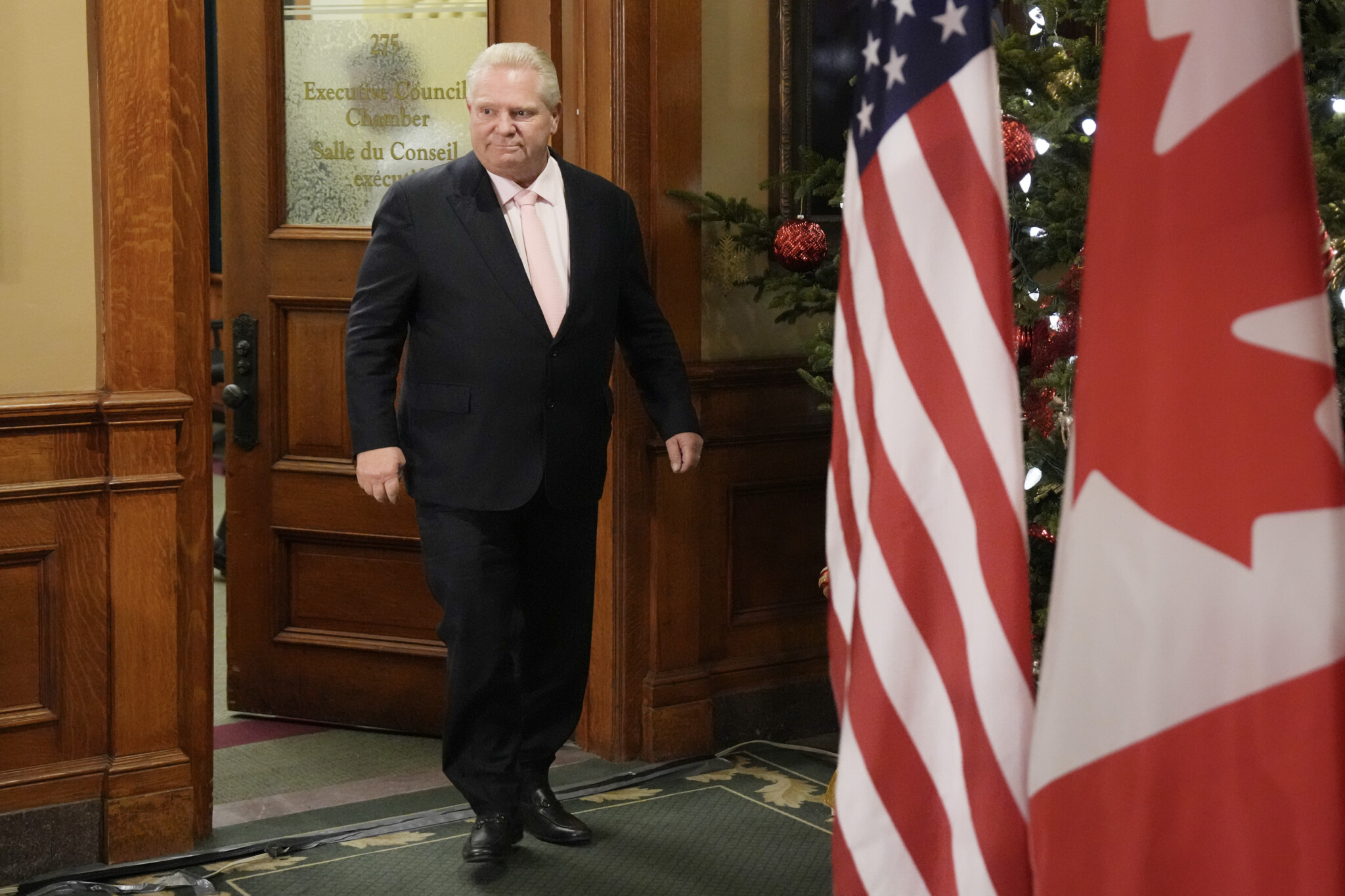
Ontario Premier Doug Ford steps out of an office to speak to the media at the Ontario Legislature in Toronto, December 11, 2024. Chris Young/The Canadian Press.
The cost of energy to American consumers from Trump’s tariffs—gasoline, natural gas, and electricity—will rise sharply, and cars and trucks will get more expensive as prices jump through integrated auto supply chains. American consumers and businesses can do a lot of the lobbying for us and are our best champions. The strategy is to identify who they are and work closely with them.
Commendably, some of Canada’s provincial premiers, like Doug Ford and Danielle Smith, are already doing this.
5. Get creative with countermeasures
We need Trump to understand that we can hit them where it hurts. That means focusing not just on where the U.S. is economically vulnerable but also on where we get the biggest political payoff.
A key source of leverage to play up is that the rest of the world, particularly the EU, will be watching closely. Clever and well-thought-out countermeasures will give other countries ideas, which will surely worry Americans.
For example, we shouldn’t just enact the same old playbook and simply slap tariffs on orange juice, California wine, steel, and aluminum. The government has to consider out-of-the-box approaches Trump’s team is not expecting.
Silicon Valley’s Big Tech oligarchs are Trump’s newest and most vocal fans. Why not target them?
U.S. exports of digital servicesOtherwise known as B2C (business-to-consumer) e-commerce (involving the online sale of products or services of a business). are now a multi-trillion-dollar global business in which the U.S. is one of the biggest players.U.S. sales of B2C in foreign markets, including Canada, run into the billions.
Much of Canadian consumption in the digital services market is entirely discretionary. At the end of the day, Canadians could do without Netflix or Disney+ (at least for a while). Ottawa could levy a substantial tax on consumers for these digital services to discourage usage.
Ottawa should also consider eliminating tax deductibility for advertising (a business expense) on U.S.-based platforms like Amazon, Facebook, X, eBay, and Google. An across-the-board elimination won’t discriminate against Canadian companies that use these platforms because the CRA will treat them equally.
Or tell sunny-state governors to wave goodbye to the snowbirds. Ottawa could levy a travel tax to the U.S. which would discourage Canadians from vacationing in places like Florida, Nevada, or California, which would hit the local economies in these states hard.
The Canadian government may have to reconvene Parliament to do all this because it may take new legislation or invocating extraordinary temporary powers under the Emergency Act.
6. Don’t shoot yourself in the foot
Ottawa’s strategy should not hurt Canadian producers but should target U.S.-produced goods and services. Embargoes or taxing Western oil and gas exports to the U.S. makes no sense because that only hurts Canadian producers. In the long run, American refiners will look elsewhere to countries like Venezuela if they worry about Canada as a secure, reliable, and trusted supplier.
Overall, we will be only effective if we stop reacting defensively and shift to an offensive game where we move smartly and at the right moment. We won’t know how serious the trade war is until Trump makes his first move. So let him make it and then move quickly with our own contingency plans.
